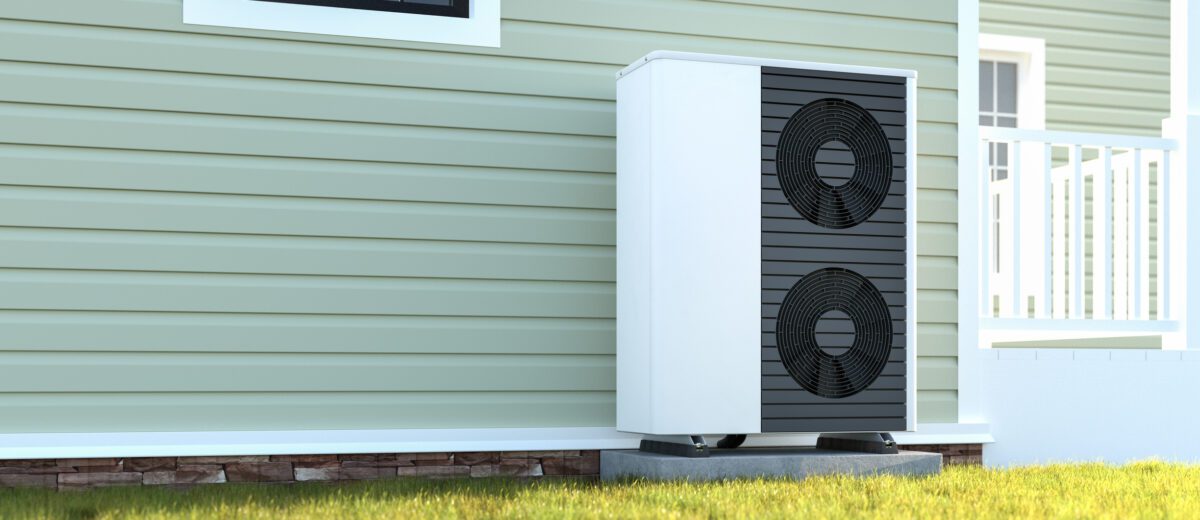The Bonus of Heat Pumps + Air Conditioning!
As the temperature rises and the humidity level increases, a ductless air conditioning heat pump will be a welcomed addition to your home. Quiet and efficient, ductless air conditioners and heat pumps are available in many sizes to suit any room or home. Without the mess, without the wait and without the destruction of a conventional air conditioner, heat pumps can often be installed in one day so that you can enjoy the cool dry air without the wait.
That added benefit of the heat pump your Mitsubishi will help to reduce your heating costs this fall when the weather turns colder. When fuel costs increase (and they will) you will be happy knowing that your heat pump will be just as efficient and comfortable in the cold weather as in the hot summer months, saving you money all year.
As a Mitsubishi Electric Diamond Contractor, Mid-Coast Energy Systems has reached the highest level of accreditation from Mitsubishi Electric Heating and Cooling that a contractor can reach. Our Technicians are factory trained in Mitsubishi products; we have invested the time to develop personalized, hands-on expertise in sales, installation and service. We are proud to provide the most professional, competent installation and maintenance with the most reliable efficient comfort available from a Mitsubishi Electric Cooling & Heating system. By providing continual education and in-house training, we can provide our customers with the best trained technicians in the HVAC industry.
Our Mitsubishi Diamond Contractor status means that our customers receive a seven year limited warranty on compressors, and seven years on parts. What could be simpler – or more reassuring? This is an exclusive benefit that only Mitsubishi Diamond Contractors like Mid-Coast Energy Systems can offer. MCES is pleased to offer a 10% savings on all Mitsubishi components for the entire month of May. (Discount is on Evaporator and condenser only.)


